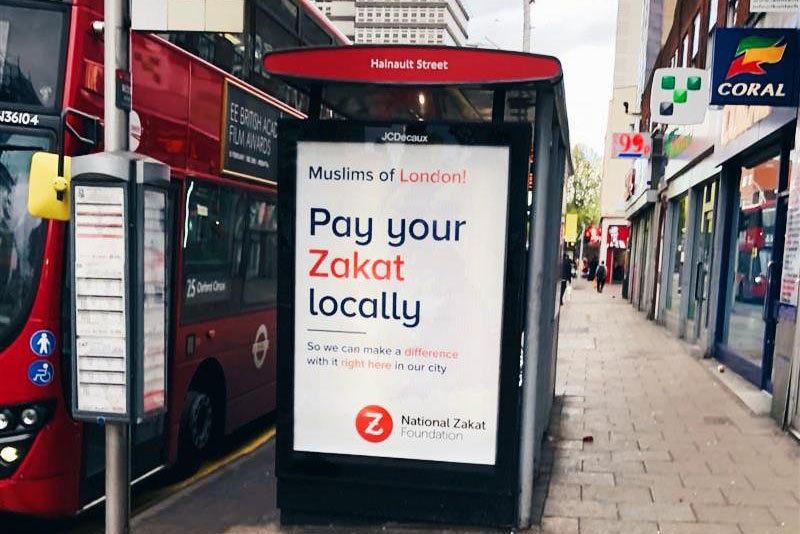A young Muslim woman at Eid celebrations in London. Credit: Dan Kitwood / Staff / Getty Images
Brits like to give to charity. When there’s a humanitarian crisis or a TV telethon, when a cousin asks us to sponsor her in a triathlon or a colleague organises a bake-off, we dig deep.
But the millions raised by the Disasters Emergency Committee – £26 million for the Rohingya Crisis, £65 million for East Africa food shortage, £30 million for Yemen – or the £38 million raised by this year’s Sport Relief pale into insignificance compared to one of Britain’s most generous seasons. Ramadan.
British Muslims give literally millions to good causes during their time of fasting and feasting. The Muslim Charities Forum estimate that, in 2016, funds raised during the month of Ramadan came to around £100 million.
This philanthropic behaviour is called zakat or the ‘poor due’ – a tax on wealth which is one of the five pillars of Islam. It is a devout response to the instruction in the Qu’ran which outlines eight categories for giving:
“Zakat expenditures are only for the poor and for the needy and for those employed to collect it and for bringing hearts together and for freeing captives and for those in debt and for the cause of Allah and for the traveller – an obligation by Allah. And Allah is Knowing and Wise.”
It’s a longstanding tradition, but a new conversation is now emerging about where the money should go. And this says a lot about how Britain’s Muslims perceive themselves.
In areas of London with a large Muslim population, you will see bus stop ads like the one below, produced by the National Zakat Foundation, encouraging Muslims to give their zakat to local causes.








Join the discussion
Join like minded readers that support our journalism by becoming a paid subscriber
To join the discussion in the comments, become a paid subscriber.
Join like minded readers that support our journalism, read unlimited articles and enjoy other subscriber-only benefits.
Subscribe